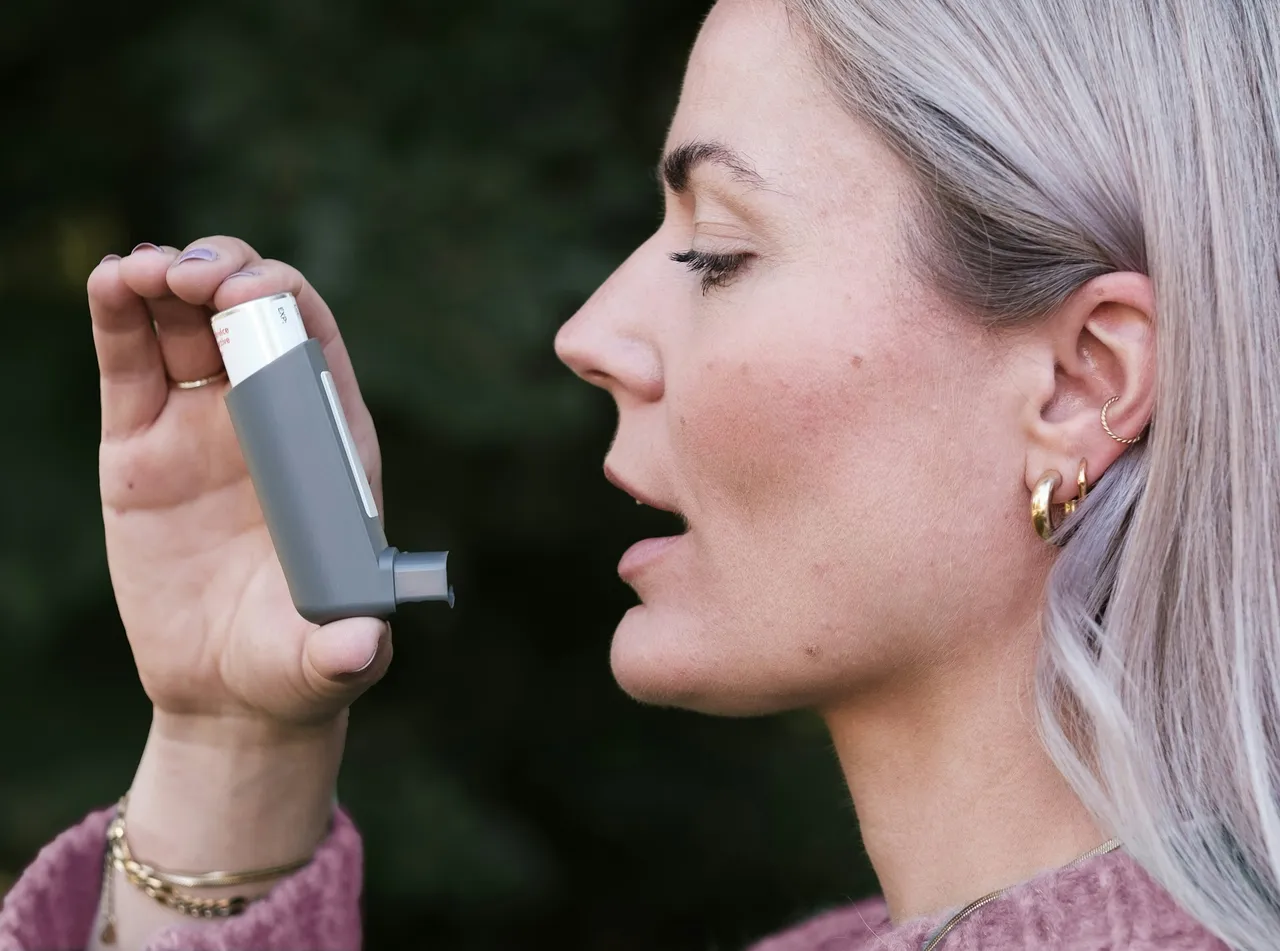Manage Your Exposure

Protecting Your Health: Managing Air Pollution Exposure
Air pollution can have a negative impact on our health, contributing to respiratory problems, heart conditions, and other illnesses. In England, we're working to improve air quality, but it's important to take steps to protect yourself and your family.
Understanding the Risks
Learn about the health effects: Educate yourself on how different types of air pollutants can affect your health. [Link to a relevant health information page] Understanding the specific risks can help you make informed decisions about protecting yourself.
Monitoring Air Quality
- Check the Air Quality Index: Regularly monitor air pollution levels in your area. [Link to UK Air Quality website/app] This index provides a clear indication of current and forecasted air quality, allowing you to plan your activities accordingly.
- Sign up for our air pollution alert system. This free service sends registered users in Hertfordshire and Bedfordshire an alert message if air pollution in their area is forecast or measured to be moderate, high or very high.
Reducing Your Exposure
- Limit strenuous activity: When air pollution levels are high, reduce or avoid strenuous outdoor activities, especially if you have asthma or other respiratory conditions. Opt for less intense activities or stay indoors when pollution is at its worst.
- Create a cleaner home environment: Regularly clean your home to reduce dust, pollen, and other indoor pollutants. Consider using air filters, especially if you live in an area with high outdoor air pollution. Proper ventilation is also important, but avoid opening windows when outdoor air quality is poor.
Smart Travel Choices
Travel smart: Choose less polluted routes for your commute and other journeys. Prioritise walking, cycling, or using public transport over driving whenever possible. If you must drive, consider less congested routes and times. Active travel like walking and cycling is great for your health, but be mindful of pollution hotspots, especially near busy roads.
Getting Involved
Support clean air initiatives: Get involved in local campaigns and initiatives that aim to improve air quality in your area. By working together, we can make a difference in reducing air pollution and protecting our community's health. Contact your local representatives to voice your concerns and support policies that promote cleaner air.
UK Daily Air Quality Index (DAQI)
Air pollution can have a negative impact on our health, contributing to respiratory problems, heart conditions, and other illnesses. In England, we're working to improve air quality, but it's important to take steps to protect yourself and your family.
| Band | Index | Pollutant Concentration | At-Risk Individuals | General Population |
|---|---|---|---|---|
| Low | 1–3 | PM₂.₅: 0–35 µg/m³ NO₂: 0–200 µg/m³ |
No need to modify usual activity. | Enjoy your usual outdoor activities. |
| Moderate | 4–6 | PM₂.₅: 36–53 µg/m³ NO₂: 201–400 µg/m³ |
Adults and children with lung problems and adults with heart problems should consider reducing strenuous physical exertion, particularly outdoors. | Enjoy outdoor activities unless you experience symptoms like cough or sore throat. |
| High | 7–9 | PM₂.₅: 54–70 µg/m³ NO₂: 401–600 µg/m³ |
At-risk individuals should reduce physical exertion, especially outdoors. Asthma sufferers may need to use inhalers more often. | Anyone experiencing discomfort such as sore eyes, cough or sore throat should consider reducing activity, especially outdoors. |
| Very High | 10 | PM₂.₅: >70 µg/m³ NO₂: >600 µg/m³ |
Avoid strenuous activity. Those with respiratory or heart problems should stay indoors if possible. | Reduce physical exertion, particularly outdoors, especially if you experience discomfort. |
Monitoring Air Quality
- Check the Air Quality Index: Regularly monitor air pollution levels in your area. You can see the Air Quality forecast on the homepage of this site. This index provides a clear indication of current and forecasted air quality, allowing you to plan your activities accordingly.
- Sign up for our air pollution alert system. This free service sends registered users in Hertfordshire and Bedfordshire an alert message if air pollution in their area is forecast or measured to be moderate, high or very high.
Reducing Your Exposure
- Limit strenuous activity: When air pollution levels are high, reduce or avoid strenuous outdoor activities, especially if you have asthma or other respiratory conditions. Opt for less intense activities or stay indoors when pollution is at its worst.
- Create a cleaner home environment: Regularly clean your home to reduce dust, pollen, and other indoor pollutants. Consider using air filters, especially if you live in an area with high outdoor air pollution. Proper ventilation is also important, but avoid opening windows when outdoor air quality is poor.
Smart Travel Choices
Travel smart: Choose less polluted routes for your commute and other journeys. Prioritise walking, cycling, or using public transport over driving whenever possible. If you must drive, consider less congested routes and times. Active travel like walking and cycling is great for your health, but be mindful of pollution hotspots, especially near busy roads.
Getting Involved
Support clean air initiatives: Get involved in local campaigns and initiatives that aim to improve air quality in your area. By working together, we can make a difference in reducing air pollution and protecting our community's health. Contact your local representatives to voice your concerns and support policies that promote cleaner air.